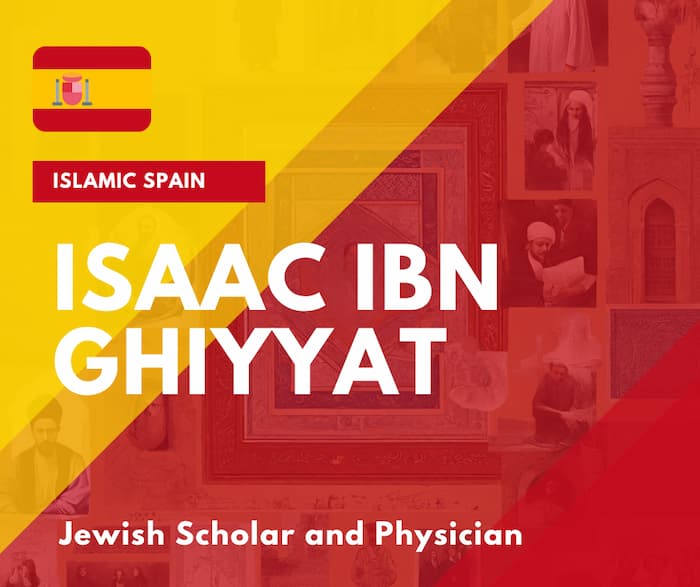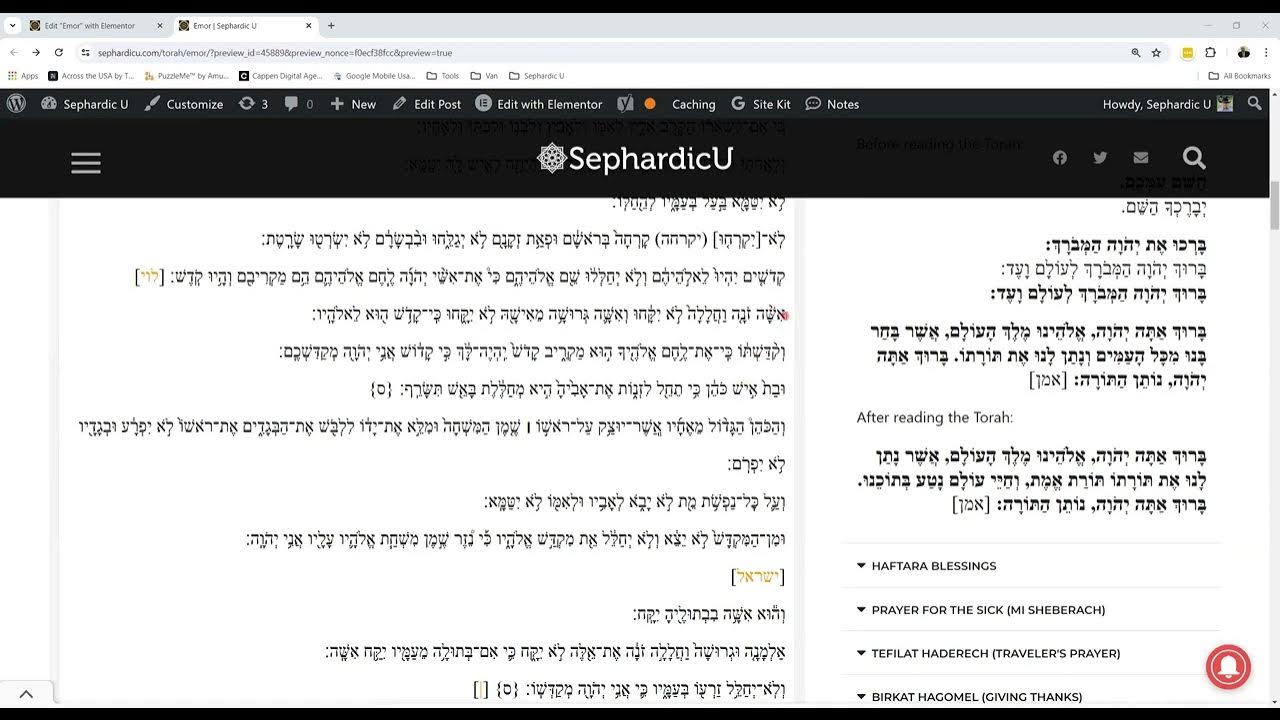Introduction
Isaac ibn Ghiyyat, born in 1038 in Granada, emerged as a distinguished Jewish scholar and physician in medieval Spain. His life exemplifies the rich intellectual and cultural milieu of Al-Andalus, where Jewish and Islamic influences intersected, fostering an environment conducive to intellectual inquiry and innovation.
| Points | Details |
|---|---|
| AKA | Abu Sa’id Isaac ibn Ghiyyat |
| Born | 1038 |
| Place of Birth | Granada, Taifa of Granada |
| Died | 1089 |
| Place of Death | Granada, Almoravid Empire |
| Occupation(s) | Physician, Rabbi |
| Notable Works | “Book of Wisdom and Secrets,” medical treatises |
Early Life and Background
Growing up in the multicultural society of Granada, Isaac ibn Ghiyyat was immersed in the vibrant tapestry of Jewish and Arabic learning. He received a multifaceted education, encompassing the study of medicine, philosophy, and religious texts. This diverse upbringing laid the foundation for his future achievements as a scholar and healer.
Rise to Prominence
Isaac ibn Ghiyyat’s expertise in medicine and Jewish scholarship propelled him to prominence in Granada. As a respected physician, he gained renown for his diagnostic skills and innovative treatments, earning the trust and admiration of patients from diverse backgrounds. Concurrently, his deep knowledge of Jewish law and philosophy elevated his status as a revered rabbi within the community.
Contributions in Medicine
Throughout his career, Isaac ibn Ghiyyat authored several medical treatises, including the influential “Book of Wisdom and Secrets.” This seminal work synthesized knowledge from classical medical texts, Islamic medical tradition, and his own clinical observations, offering valuable insights into various diseases, treatments, and healthcare practices of the time.
Scholarly Legacy
Isaac ibn Ghiyyat’s contributions to both medicine and Jewish studies left an indelible mark on the intellectual landscape of medieval Spain. His medical writings not only advanced the field of healthcare but also served as educational resources for future generations of physicians. Additionally, his commentaries on religious texts and philosophical treatises enriched the study of Jewish thought and contributed to ongoing theological discourse.
Influence and Legacy
Isaac ibn Ghiyyat’s enduring legacy transcends his lifetime, symbolizing the intersection of intellect and compassion. His holistic approach to healing, which integrated medical science with ethical principles and spiritual insights, continues to inspire healthcare professionals and scholars alike. Moreover, his writings serve as a testament to the enduring quest for knowledge and wisdom in the pursuit of human well-being.
Isaac ibn Ghiyyat Conclusion
In conclusion, Isaac ibn Ghiyyat’s life and accomplishments reflect the intellectual dynamism and cultural synthesis of medieval Sephardic Jewry. As a scholar, physician, and rabbi, he exemplified the values of learning, compassion, and service to humanity. His enduring legacy serves as a beacon of inspiration, reminding us of the profound impact that individuals can have on their communities and the world at large.
Resources
- “Jewish Virtual Library”: Jewish Virtual Library
- “Encyclopedia.com”: Isaac ibn Ghiyyat on Encyclopedia.com
- “Britannica”: Isaac ibn Ghiyyat on Britannica
- “Medieval Jewish Civilization: An Encyclopedia”: Edited by Norman Roth, this comprehensive encyclopedia covers various aspects of medieval Jewish life, including prominent figures like Isaac ibn Ghiyyat.
- “Islamic Medical Manuscripts at the National Library of Medicine”: National Library of Medicine
These resources offer valuable insights into Isaac ibn Ghiyyat’s life, contributions to medicine and Jewish scholarship, and his enduring legacy in medieval Sephardic Jewry.








Parashat Behar – Weekday Torah Reading (Moroccan TeAmim)